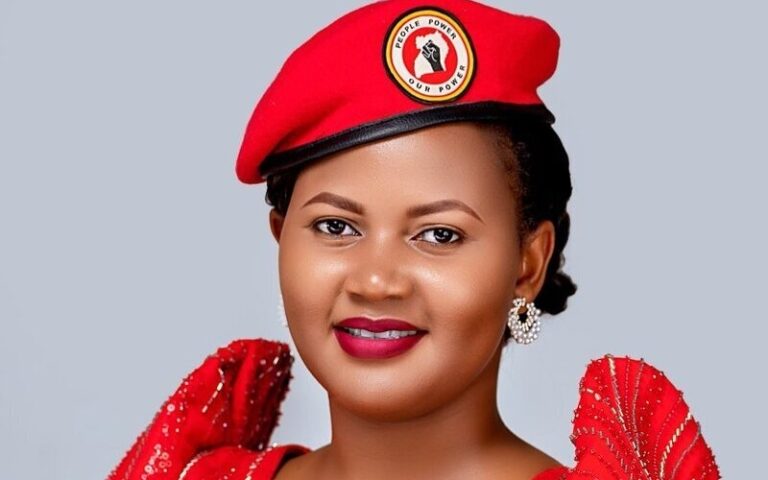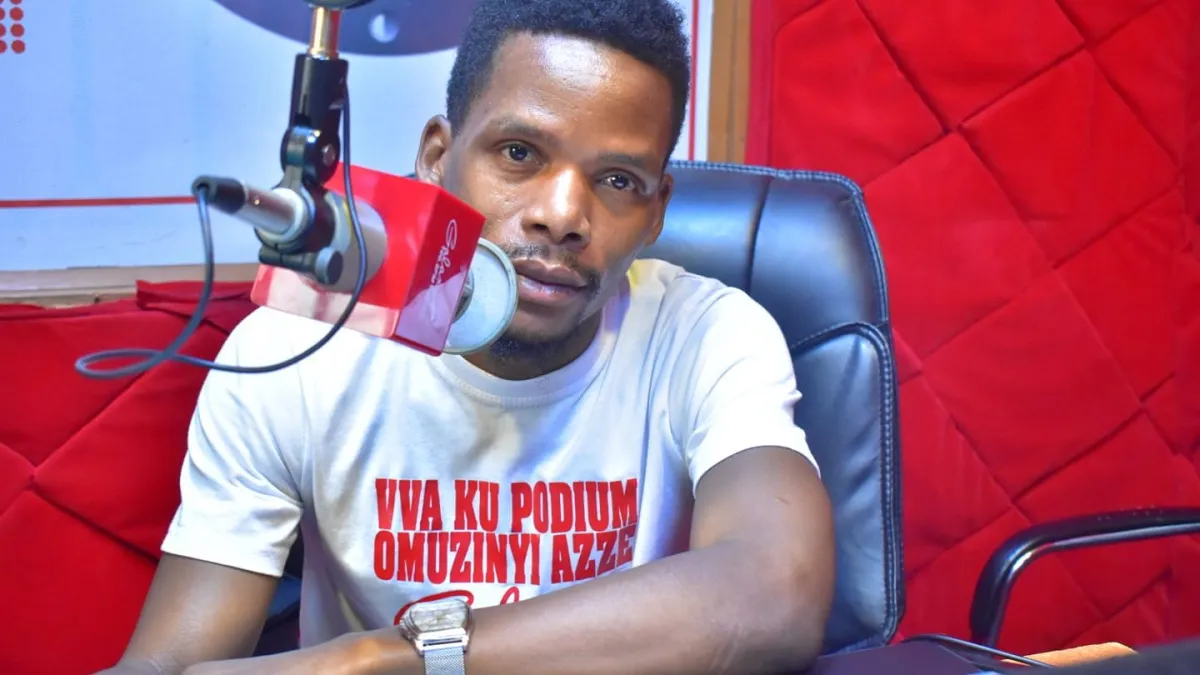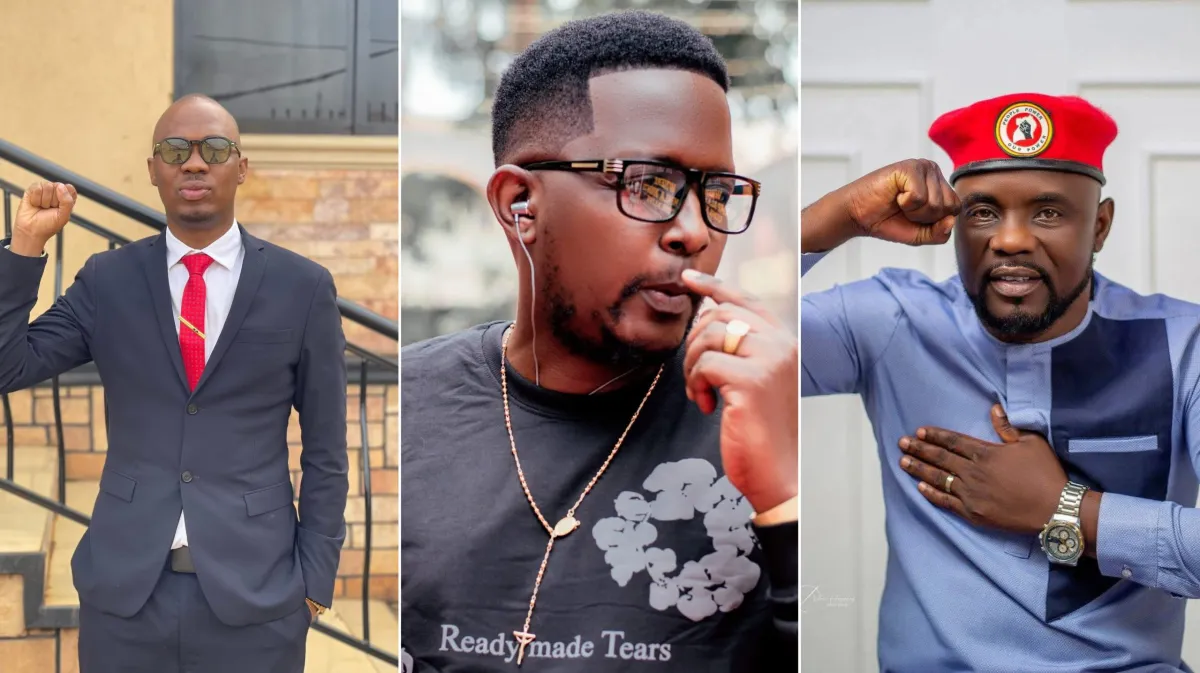Kampala — In a bold political move that’s sending ripples through Uganda’s opposition landscape, National Unity Platform (NUP) member Winifred Nakandi has announced she will run as an independent candidate for the Nakawa East parliamentary seat in the 2026 general elections — a direct challenge to her party’s official stance.
Nakandi’s declaration pits her against Waiswa Mufumbiro, NUP’s Deputy Spokesperson, who was endorsed as the party’s flagbearer for the same constituency.
The announcement underscores growing tensions within NUP, as several aspirants accuse the party’s top leadership of favoritism, corruption, and exclusionary politics during the nomination process.
“I am NUP, I will always be NUP,” Nakandi asserted confidently during her announcement.
“We shall maintain a cordial relationship despite the turbulences. I understand the party has its flagbearers, but we shall respectfully go through these campaigns.”
Party Loyalty vs. Political Independence
Nakandi, who recently withdrew from the Kampala District Woman MP race, says her independent run isn’t a betrayal of the party but a response to what she called irregularities and internal bias within NUP’s selection system.
She revealed that the allocation of party cards during nominations was marred by favoritism, leaving many deserving members sidelined.
“Most of us who didn’t get the party card are not against NUP,” she said.
“But I’ve heard some leaders saying independents should be discriminated against — we will not do that. We’re still NUP at heart, even if we’re not on the official ticket.”
Nakandi emphasized that her campaign will be centered on grassroots representation, unity, and socio-economic transformation, promising to prioritize ordinary citizens in Nakawa East who, she says, have been left behind by both government and opposition leaders.
Inside NUP’s Growing Internal Rift
Nakandi’s independent bid shines a spotlight on the intensifying divisions within the National Unity Platform, Uganda’s main opposition party led by Robert Kyagulanyi Ssentamu (Bobi Wine).
In recent months, several NUP aspirants have publicly criticized the flag distribution process, alleging that party cards were “sold” or awarded based on loyalty rather than merit.
Political observers say such internal cracks could weaken NUP’s dominance in Kampala, where the party performed strongly in the 2021 general elections.
A senior political analyst in Kampala told Entertainment Page One (E Page One) that Nakandi’s move signals “a quiet rebellion” among grassroots members who feel sidelined by party elites.
“Her case isn’t isolated. We’re likely to see more NUP members running as independents in 2026,” the analyst said.
“It’s becoming clear that internal democracy within the opposition is under serious strain.”
A Clash of Visions in Nakawa East
Nakawa East is shaping up to be one of Kampala’s most competitive battlegrounds in the upcoming elections.
With Mufumbiro enjoying the official backing of NUP, and Nakandi building momentum among disgruntled party supporters, the constituency could become a symbol of internal opposition fractures — or a test of voter independence.
Observers note that Nakandi’s strong community ties, especially among women and youth, could make her a formidable contender despite lacking the party flag.
“Nakandi has been active in community programs for years,” says a Nakawa-based voter.
“People here know her personally. She’s not relying on the party — she’s relying on her track record.”
The Bigger Picture: NUP Faces Identity Test
As Uganda inches toward the 2026 general elections, NUP is under increasing scrutiny to prove its internal democracy and maintain unity among its ranks.
Critics say the party risks repeating the mistakes of older political organizations — where internal disagreements and elite politics eroded public trust.
Nakandi’s statement — “I am NUP, I will always be NUP” — captures the emotional conflict many party members feel: torn between loyalty to the movement and frustration with its leadership practices.
Political experts argue that how Bobi Wine’s leadership handles such dissent could determine NUP’s long-term survival and credibility as Uganda’s leading opposition force.
“Discipline is important, but so is inclusion,” said another political commentator.
“If the party pushes independents away, it risks shrinking its base right before a crucial election.”
Nakandi’s Message to Supporters
In her campaign launch, Nakandi struck a tone of resilience and reconciliation, emphasizing unity among Ugandans regardless of political colors.
She pledged to continue working with NUP structures where possible but insisted her independent path is meant to amplify the people’s voice, not divide the opposition.
“This campaign isn’t about revenge or rebellion,” she said.
“It’s about service. Our people deserve leaders who put them first, not political games.”
Nakandi’s growing popularity among youth and women in Nakawa East could pose a serious challenge to NUP’s endorsed candidates, especially if disillusioned voters see her as a symbol of courage and defiance against political gatekeeping.
2026 Elections: A Defining Moment
With Uganda’s 2026 general elections fast approaching, the NUP faces both opportunity and turbulence.
While the party remains the country’s strongest opposition force, stories like Nakandi’s reveal deep-seated questions about transparency, leadership, and inclusivity.
As political campaigns heat up, Nakandi’s independent bid may become one of the most-watched contests in Kampala, highlighting a broader theme: that Ugandan voters are increasingly choosing individuals over party lines.





